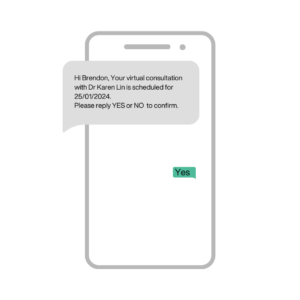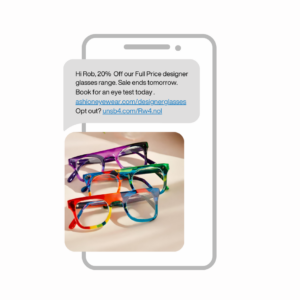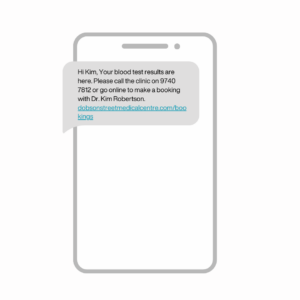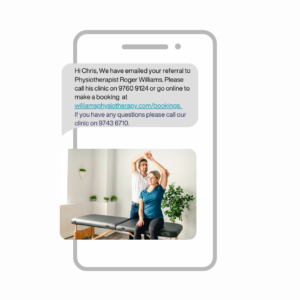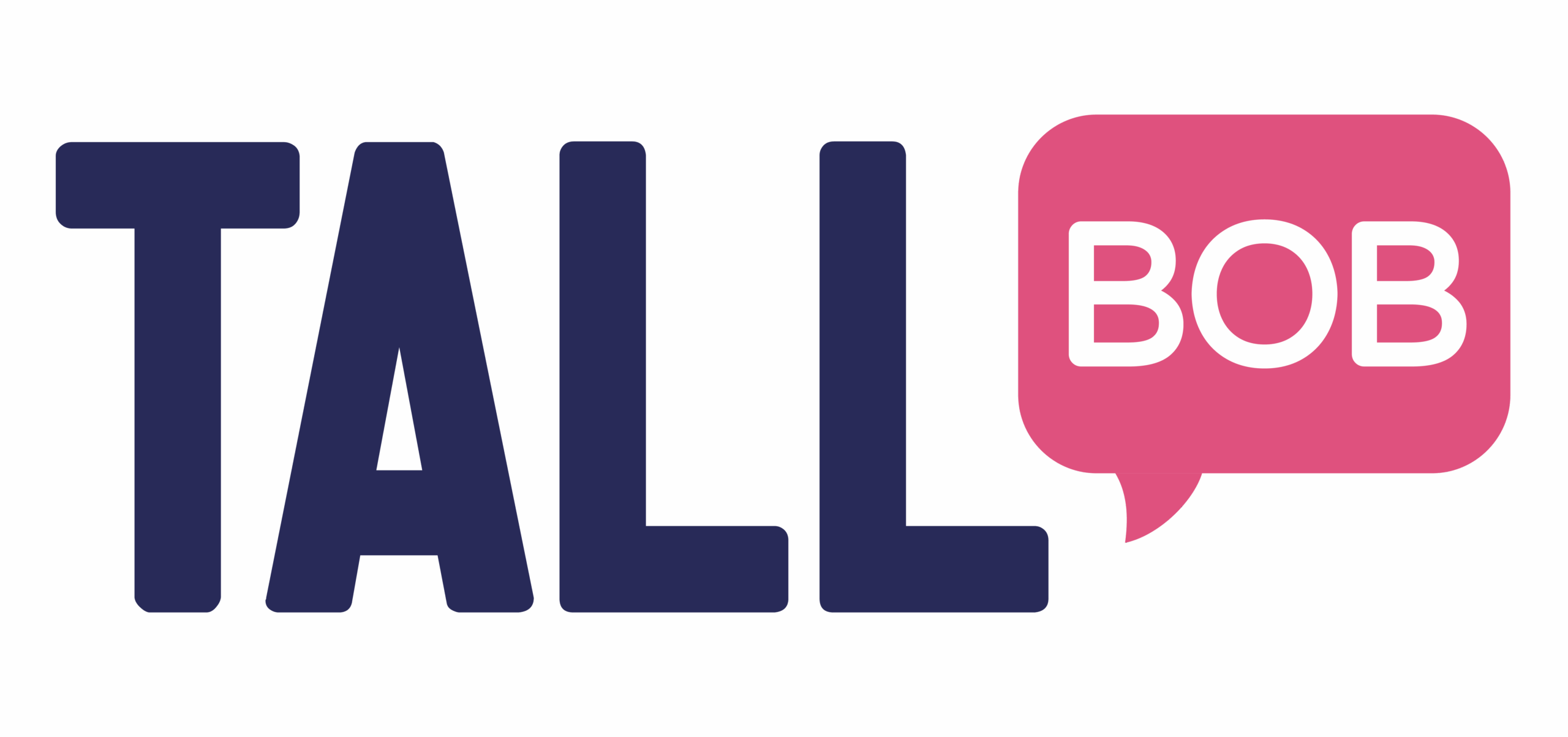When it comes to your healthcare, the assurance of being well taken care of is important. That’s why a seamless and efficient communication channel between healthcare providers and patients is so crucial. Enter SMS and MMS messaging. Simple and accessible technological marvels that are accessible to everyone and are reshaping patient-provider interactions.
Join us as we delve into the many advantages of bringing SMS and MMS into the allied health sector, plus some real-world use cases that can enhance your patient’s experiences.
Firstly, what does SMS stand for, and what is MMS messaging?
SMS stands for Short Message Service and refers to text messages sent between mobile phones. SMS is best for short messages in healthcare such as reminders, notifications, appointments, and promotional offers.
On the other hand, MMS stands for Multimedia Messaging Service, which allows users to send longer messages (up to 5000 characters) that contain images, videos, audio files, as well as text.
SMS and MMS might seem to be an either/or competition but we don’t agree! The choice of which to use hinges significantly on your needs and outcomes.
Enhanced Communication
A key advantage of SMS and MMS in the allied health sector is establishing a direct and efficient communication channel between healthcare providers and patients. This ensures swift and easy access to answer patients and helps healthcare providers to keep their patients well-informed and up-to-date.
- Appointment Alerts: Healthcare software solutions such as eyebenefit send SMS messaging for appointment reminders to patients, minimising the occurrence of missed appointments.
- Refill Alerts for Scripts and Medications: Patients can now receive SMS reminders or scripts about when to refill their prescriptions, ensuring a seamless supply of the necessary medication and preventing any lapses in treatment.
- Result Notifications: Keep your patients informed about test results with SMS updates, offering peace of mind and inbound calls to the clinic.
- Treatment Notifications: With SMS messaging, healthcare providers can ensure patients are promptly informed about alterations to their treatment plans or new clinical recommendations.
- Post-Appointment Guidance: After appointments, patients can receive SMS reminders with necessary follow-up care, from physical therapy or additional tests.
Convenience
A clear advantage of SMS and MMS messaging lies in its simple convenience for patients and healthcare providers. Patients can easily communicate with their healthcare providers without the need to visit the clinic or hospital in person, while healthcare providers can reach out to their patients seamlessly, avoiding the necessity for phone calls or appointment scheduling.
- Virtual Consultations: Using SMS messaging, healthcare providers can arrange virtual consultations with their patients for initial reviews (in some cases).
- Telehealth Consultations: Send and receive SMS reminders and confirmations and links for telehealth appointments, simplifying the process of accessing healthcare services.
- Seamless Retrieval of Medical Details: Through SMS messaging, patients can effortlessly request and receive crucial medical information, including test results or medication instructions, wherever they are.
- Faster Facts: Through SMS messaging, patients can ask their healthcare providers quick questions, bypassing the need to wait for a phone call or an in-person appointment for simple queries.
- After-Hours Support: With SMS messaging, healthcare providers can extend after-hours or automated care to their patients, delivering prompt and convenient medical advice and support access.
Improved Patient Outcomes
SMS and MMS messaging enables healthcare providers to customise care for each patient. This personalisation enhances patient adherence to treatment plans and medication schedules for better health outcomes.
- Adhering to Medication: SMS reminders assist patients in staying on track with their medication schedules to keep to treatment plans for better health outcomes.
- Guidance for Therapies: Patients can receive SMS instructions and reminders for their physical therapy exercises, facilitating a faster and more effective recovery.
- Managing Chronic Conditions: Patients dealing with chronic illnesses can receive SMS updates regarding their health status and any modifications to their treatment plans, empowering them to navigate and manage their conditions effectively.
- Monitoring Health: Patients can receive SMS updates on their health metrics, such as blood pressure or glucose levels, enabling prompt identification of any potential health concerns by their healthcare providers.
- Educational Health Insights: Patients can receive SMS messages containing health tips and informative content, empowering them to understand their conditions better and help with healthier decision-making.
Cost Effective
Leveraging SMS and MMS messaging can be a cost-efficient alternative for healthcare providers, eliminating the need for traditional phone calls and admin overload.
- Minimised Appointment No-Shows: Employing SMS reminders allows healthcare providers to decrease the occurrence of missed appointments, resulting in time and resource savings.
- Paperwork Reduction: Patients can receive SMS updates on their health status and treatment plans, eliminating the necessity for printed forms or manual updates.
- Reduce Phone Communication: Patients can utilise SMS messaging to interact with their healthcare providers, lessening the reliance on phone calls and freeing up staff time.
- Enhanced Efficiency: With SMS and MMS messaging, healthcare providers can optimise patient communication, improving overall efficiency and productivity.
- Greater Patient Satisfaction: Offering convenient and accessible care increases the likelihood of patient satisfaction, improving patient outcomes and trust.
Here are a few instances demonstrating how you might compose the messages:
Enhanced Communication
- Appointment Reminders: “Hi [Patient Name], a friendly reminder about your appointment with [Doctor Name] on [Date and Time]. We look forward to seeing you soon! [Clinic Name]”
- Prescription Refill Reminders: “Hi [Patient Name], it’s time to refill your prescription for [Medication Name]. Call [Pharmacy Name] to refill, or reply to this message to request a refill. [Pharmacy Name]”
- Test Results: “Hi [Patient Name], your test results are in! Please call [Doctor Name] at [Clinic Name] to discuss the results. Thank you for choosing [Clinic Name] for your healthcare needs.”
- Clinical Updates: “Hi [Patient Name], [Doctor Name] needs to update you on your treatment plan. Your next appointment is scheduled for [Date and Time]. Please reply if you have any questions. [Clinic Name]”
- Follow-Up Care: “Hi [Patient Name], don’t forget about your follow-up care! Please schedule a physical therapy appointment at [Physical Therapy Name] or call [Doctor Name] for any questions. [Clinic Name]”
Convenience:
- Virtual Consultations: “Hi [Patient Name], your virtual consultation with [Doctor Name] is scheduled for [Date and Time]. Please reply to this message to confirm or reschedule. [Clinic Name]”
- Telehealth Appointments: “Hi [Patient Name], your telehealth appointment with [Doctor Name] is coming up on [Date and Time]. Please download the [Telehealth App Name] app and follow the instructions to join the appointment. [Clinic Name]”.
- Easy Access to Medical Information: “Hi [Patient Name], your test results are ready. Please reply to this message to access your results or call [Clinic Name] for more information. [Clinic Name]”
- Quick Questions: “Hi [Patient Name], feel free to text us any quick questions you have for [Doctor Name]. We’re here to help! [Clinic Name]”
- After-Hours Care: “Hi [Patient Name], if you need medical advice after hours, please text us & a healthcare provider will get back to you as soon as possible. [Clinic Name]”
Improved Patient Outcomes:
- Medication reminders: “Hi [Patient Name], don’t forget to take your [Medication Name] at [Time]. Text us if you have any questions. [Clinic Name]”.
- Physical Therapy Instructions: “Hi [Patient Name], it’s time for your physical therapy exercises! Please follow these instructions: [Exercise Instructions]. Text us if you have any questions. [Physical Therapy Name]”
- Chronic Disease Management: “Hi [Patient Name], your latest test results show that your [Condition] is [Status]. Please call [Doctor Name] to discuss any changes to your treatment plan. [Clinic Name]”
- Health Monitoring: “Hi [Patient Name], your latest health readings show that your [Health Status] is [Value]. Please call [Doctor Name] if you have any concerns. [Clinic Name]”
- Health Education: “Hi [Patient Name], did you know that [Health Fact]? Keep up your health by following these tips: [Health Tips]. [Clinic Name]”
Cost Effective:
- Reduced Missed Appointments: “Hi [Patient Name], just a friendly reminder about your appointment with [Doctor Name] tomorrow at [Time]. Please reply YES to confirm or call us if you need to reschedule. [Clinic Name]”
- Reduced Paperwork: “Hi [Patient Name], your health status and treatment plan have been updated. You can view the latest information by logging into your patient portal. [Clinic Name]”
- Reduced Phone Calls: “Hi [Patient Name], you can reach us anytime through SMS for quick and easy communication. If you have a question or concern, reply to this message. [Clinic Name]”
- Improved Efficiency: “Hi [Patient Name], we’re excited to inform you that we’re now using SMS for faster and more efficient communication. Let us know if you have any questions or concerns. [Clinic Name]”
- Improved Patient Satisfaction: “Hi [Patient Name], we appreciate your trust in us and are committed to providing the best care possible. Please let us know if there’s anything we can do to improve your experience. [Clinic Name]”
